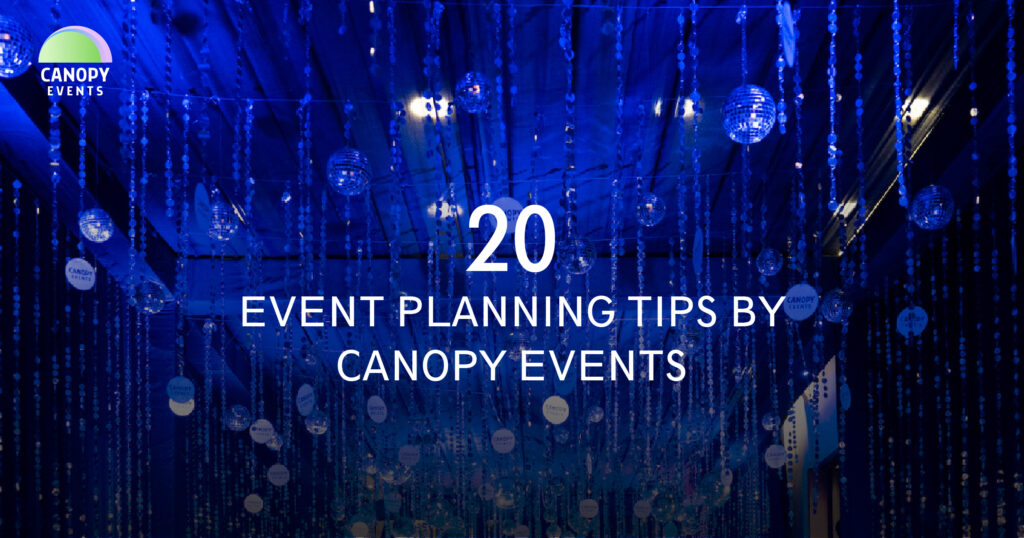
20 Event Planning Tips for Event Planners to Creating Successful Event
Welcome to the Canopy Events blog! In this comprehensive guide, we are providing all event management companies out there with 20 event-planning tips that will help you create memorable and successful events. Drawing on our expertise and experience in the industry, we have curated a checklist of essential strategies and insights to guide you through the event planning process. Whether you’re organizing a corporate conference, a wedding, a charity fundraiser, or any other type of event, these tips will serve as a valuable resource to plan an event. Let’s dive in!
1. Defining the Event Objective
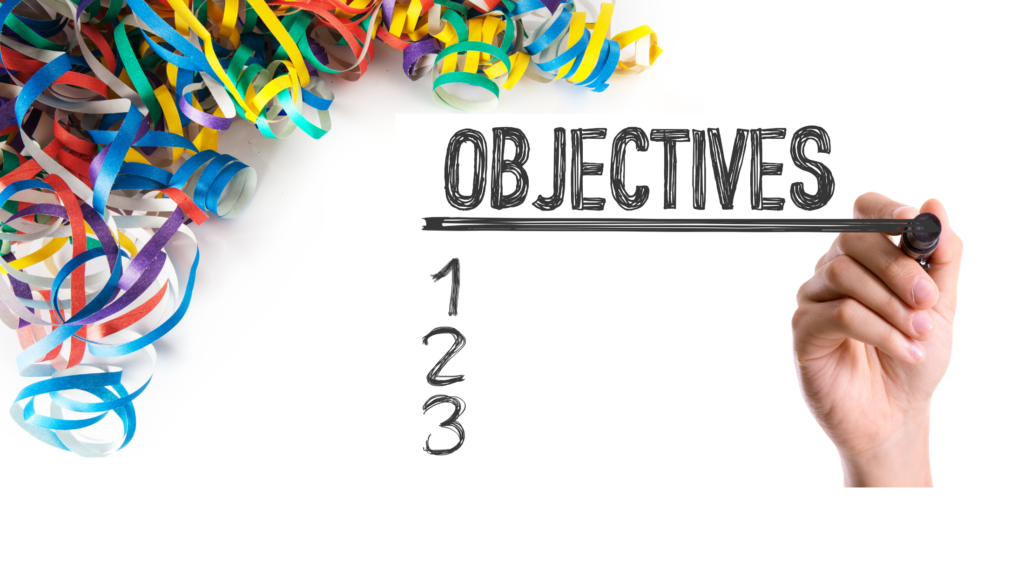
Clearly define specific goals for the event. Are you looking to educate, entertain, raise funds, or promote a cause? Understanding the purpose of your event will guide your planning decisions and additionally, it ensure that all elements align with your goals.
2. Create a Realistic Budget
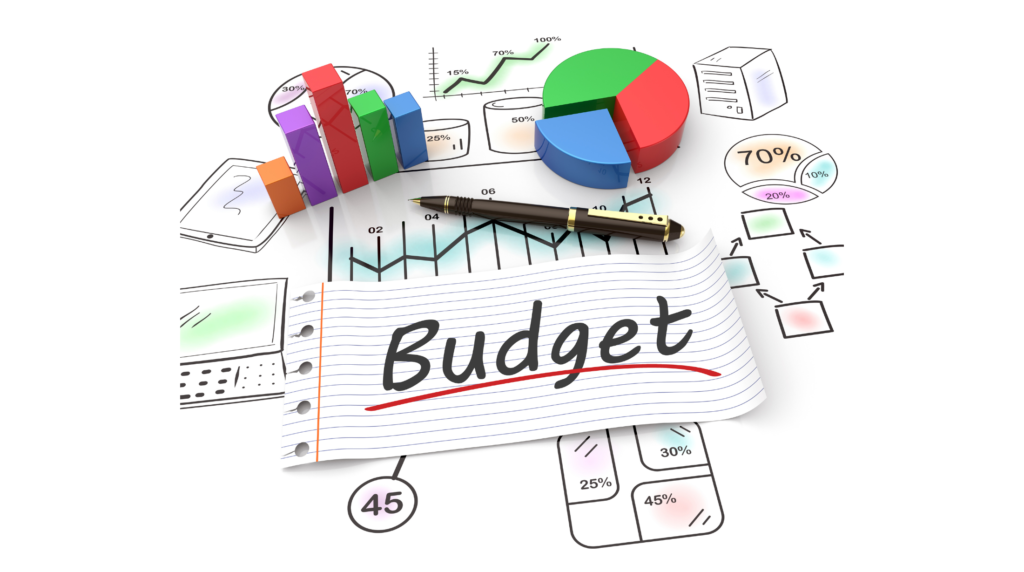
Develop a detailed budget that covers all aspects of your event and considers all potential costs. Allocate funds for venue selection, catering, decor, marketing, staffing, and contingencies. Be mindful of your financial resources or the cost of your event and seek creative solutions to stay within budget.
3. Plan Early and Establish a Timeline

Also, tart planning events months in advance to allow ample time for research, vendor selection, and coordination. Figure out time management and create a detailed timeline with key milestones to ensure a smooth planning process and avoid last-minute stress.
4. Choose the Right Venue

Select a venue that aligns with the theme, capacity, and requirements of your event. Consider factors such as event space, location, ambiance, amenities, accessibility, and parking options.
5. Negotiate with Vendors

When working with vendors, negotiate contracts to secure favorable terms and pricing. Build strong relationships with reliable vendors who understand your vision and can deliver quality services.
6. Develop a Strategic Marketing Plan

Create an event marketing plan to promote your event with event details. Leverage channels such as social media, email marketing, traditional advertising, and partnerships to reach your target audience.
7. Utilize Event Technology

Explore effective event technology solutions like management software that can enhance the attendee experience and streamline processes. Consider tools for registration, ticketing, event apps, live streaming, and audience engagement in planning the event.
8. Design an Engaging Program

Craft a well-structured program that keeps attendees engaged throughout the event. Include a variety of session formats, interactive activities, and networking opportunities to cater to different preferences.
9. Curate Compelling Content

Select speakers and presenters who bring value and expertise on the day of the event. Ensure that the content is relevant, informative, and aligns with your event objectives.
10. Focus on Event Branding and Design

Create a cohesive and visually appealing event brand that reflects your event’s theme and message. Pay attention to branding elements such as logos, color schemes, signage, and collateral.
11. Establish Clear Communication Channels
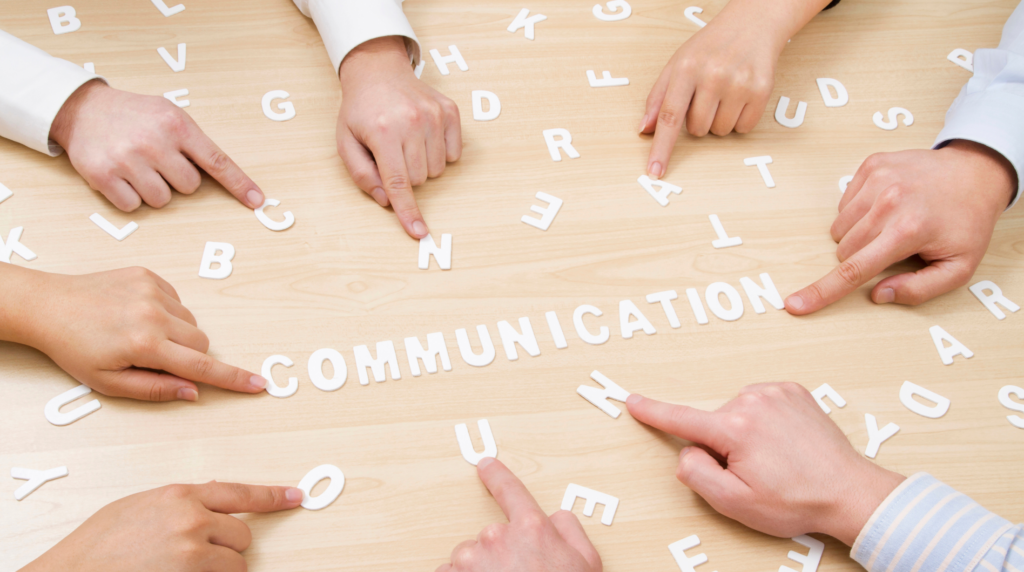
Maintain open and clear lines of communication with all stakeholders involved in the event. Regularly update them on important details, changes, and expectations to avoid any miscommunication.
12. Implement Event Security Measures

Prioritize the safety and security of your attendees by implementing appropriate measures. This includes hiring trained security personnel, conducting risk assessments, and establishing emergency protocols.
13. Pay Attention to Food and Beverage
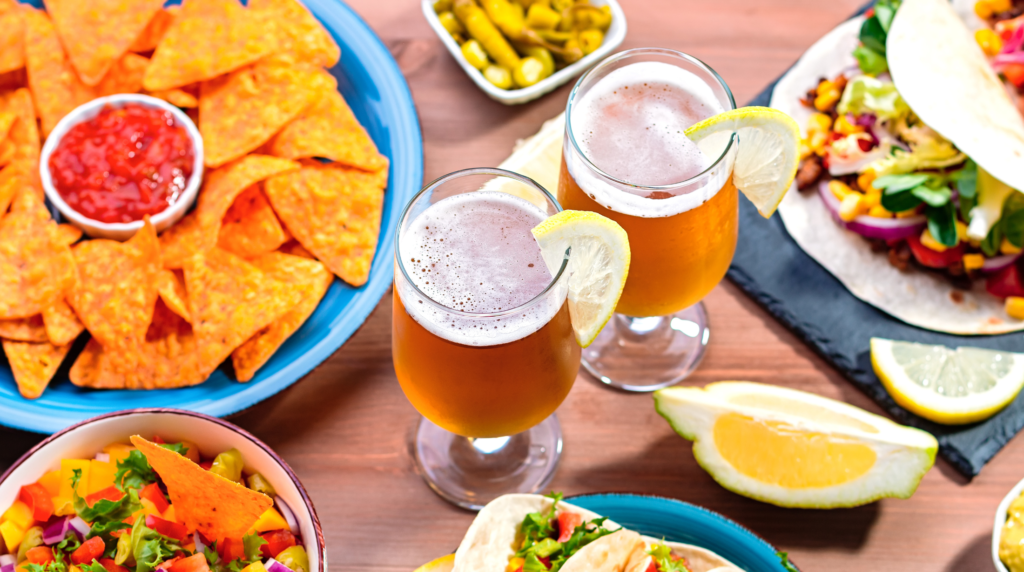
For an amazing event, select a reputable catering service that offers a diverse menu to cater to various dietary preferences. Ensure that the food presentation, quality, and service align with the overall event experience.
14. Enhance Attendee Engagement

Incorporate interactive elements such as live polls, Q&A sessions, and networking activities to encourage attendee participation and create a sense of community.
15. Create Memorable Experiences

Consider unique elements or activations that leave a lasting impression on your attendees. This could include surprise performances, interactive installations, or personalized touches.
16. Provide Adequate Staffing and Volunteer Support

Recruit and train a team of dedicated staff and volunteers who can assist with event operations, attendee support, and logistical tasks. Ensure they are briefed on their roles and responsibilities.
17. Test Technical Setup and Equipment

Conduct thorough testing of audiovisual equipment, lighting, and other technical aspects prior to the event to identify and resolve any issues. You’ll need backup plans in place for technical failures.
18. Establish Feedback Mechanisms

Don’t forget to gather feedback from attendees, sponsors, and vendors to evaluate the success of your event. Utilize surveys, post-event evaluations, and testimonials to gather valuable insights for future improvements.
19. Follow Up with Attendees and Partners

Similarly, express gratitude to attendees and partners for their participation and support. Follow up with personalized emails, thank-you notes, or special offers to maintain relationships beyond the event.
20. Continuously Learn and Adapt

Reflect on the successes and challenges of each event to identify areas for improvement. Stay updated with industry trends and best practices to take your event planning skills continually.
Organizing a successful event needs meticulous planning, attention to detail, and a passion for creating extraordinary experiences. By following the 20 event planning checklist provided by Canopy Events, event organizers certainly will be equipped with the knowledge and strategies to elevate their event planning skills. Remember, every event is an opportunity for growth and improvement. Embrace creativity, adaptability, and a focus on attendee satisfaction to ensure the success of your future events. Start planning your next memorable event today!


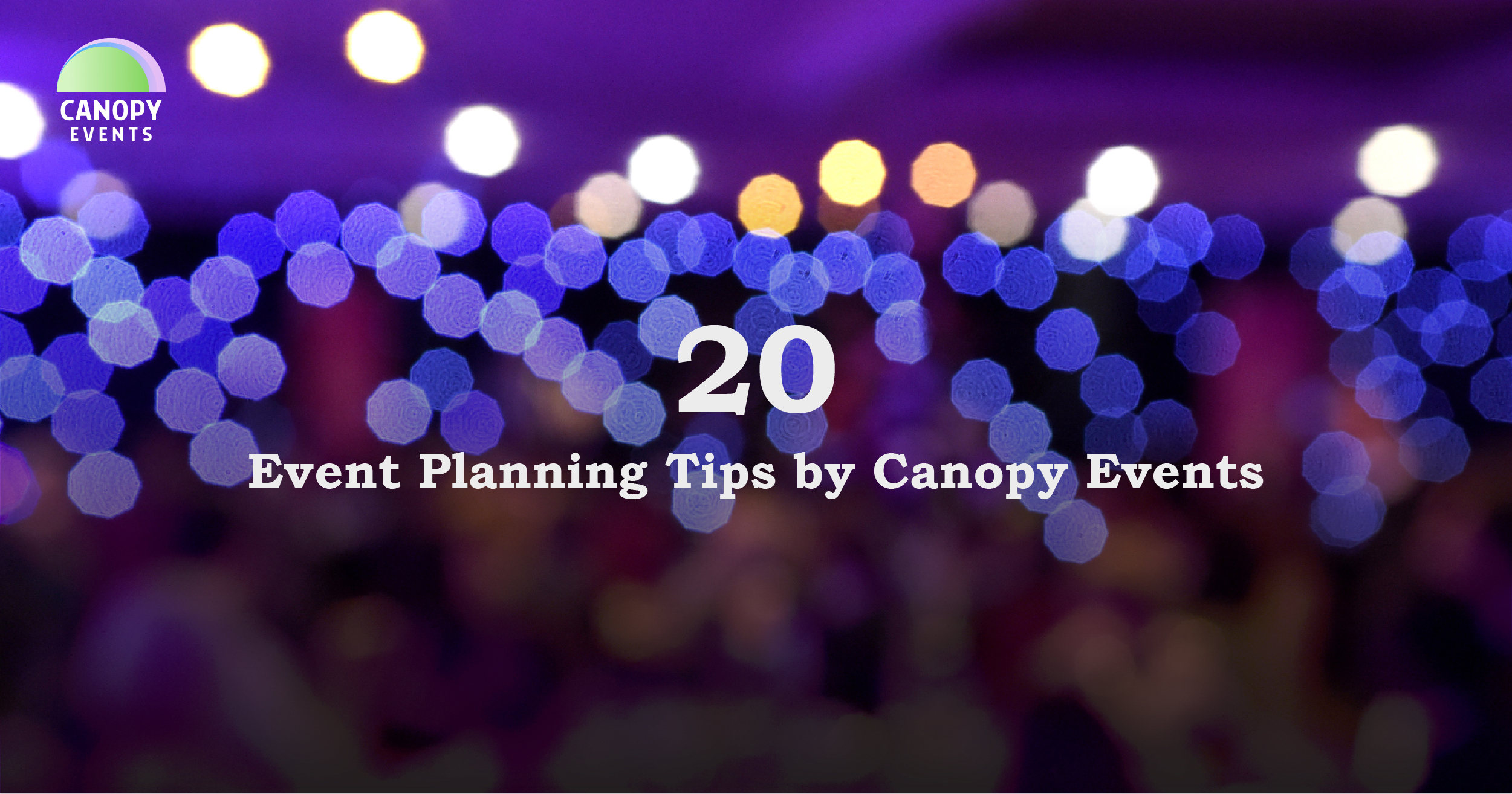
No responses yet